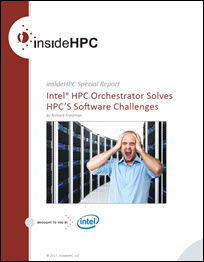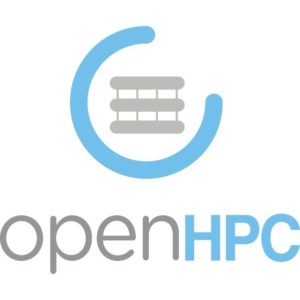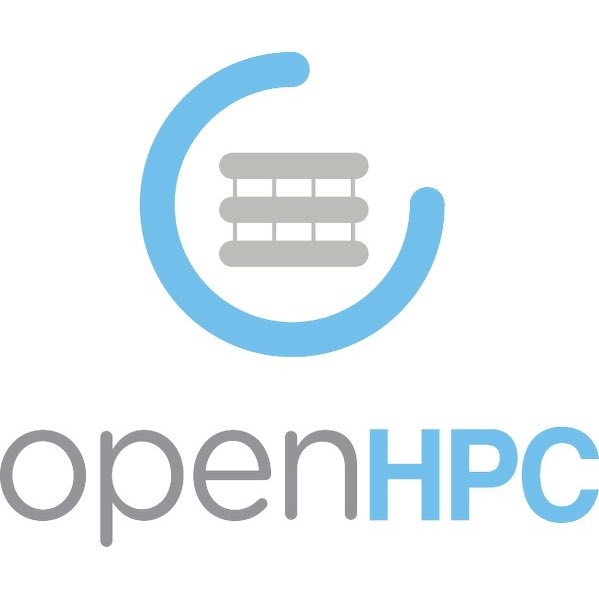This article continues our series exploring the use of Intel HPC Orchestrator to solve HPC software stack management challenges. The complete report outlines some of these challenges in detail, and explores the benefits of Intel’s product that extends OpenHPC.

Download the full report.
To meet some of the biggest HPC software challenges, representatives from more than 25 academic, research, and commercial organizations formed a community project at the end of 2015: OpenHPC. They recognized that many HPC sites spend considerable effort gathering together a bewildering set of open-source components trying to provide a fully capable HPC environment for their users. They had found that the software niche specific to HPC applications called for capabilities absent in most popular Linux distributions, leading to local development of solutions that were uncoordinated and duplicated between systems, and, ultimately, difficult to customize.
The components typical in an HPC middleware stack include provisioning and system administrative tools, resource management, high-speed I/O services, application development tools, optimized numerical libraries, and performance analysis and tuning tools.
OpenHPC has adopted common open source repository, packaging, and delivery methodologies, and provides customizable templates for installing and configuring reference compute clusters.
The OpenHPC mission from the outset has been to provide a reference collection of HPC-centric middleware components and best practices that are meant to seamlessly layer on top of existing Linux distributions. The vision is that this will enable and accelerate innovation in by providing a consistent environment that lowers barriers to HPC in an ever expanding number of application areas.
 At the moment, the OpenHPC software stack comprises over 60 components ranging from tools for bare-metal provisioning, administration, and resource management, to specialized numerical libraries for science, engineering, and business applications. OpenHPC has adopted common open source repository, packaging, and delivery methodologies, and provides customizable templates for installing and configuring reference compute clusters.
At the moment, the OpenHPC software stack comprises over 60 components ranging from tools for bare-metal provisioning, administration, and resource management, to specialized numerical libraries for science, engineering, and business applications. OpenHPC has adopted common open source repository, packaging, and delivery methodologies, and provides customizable templates for installing and configuring reference compute clusters.
The success of OpenHPC has been to normalize the HPC software environment. This can best be seen with the easy development of scalable applications, deployments with fewer conflicts, and better system optimization and performance that results from components working together at scale.
Still, the responsibility for tracking changes, installing updates, testing on the latest hardware, and filling in missing capabilities remains with HPC system administrators.
Over the next few weeks, this series will also cover the following topics:
- Simplifying HPC Software Stack Management
- Challenges to Managing an HPC Software Stack
- Going Beyond OpenHPC with Intel HPC Orchestrator
You can download the “insideHPC Special Report: Intel HPC Orchestrator Solves HPC’S Software Challenges,” courtesy of Intel.




